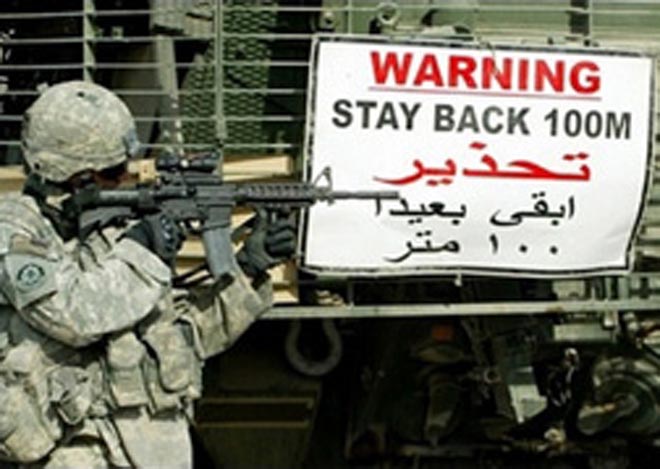The man in charge of the inquiry examining events surrounding the Iraq war has said his committee will not produce a report that is a "whitewash", BBC reported.
Sir John Chilcot, a retired career civil servant, has promised to produce a "full and insightful" account.
Evidence from senior government figures will start on Tuesday and politicians, including former Prime Minister Tony Blair will be called early in 2010.
The report will not be released until after the General Election.
Critics have questioned whether a committee chosen by Downing Street can be independent of the government.
But Sir John has insisted he and his four colleagues are impartial and open minded.
'Public scrutiny'
"When you set up an independent inquiry of this sort, you set the members of it free to do what they will," he said.
"Our determination is to do not merely a thorough job but one that is frank and will bear public scrutiny.
"All five members of the committee are now completely independent from different perspectives and bodies of experience."
Opposition politicians have also asked why a barrister will not be used to cross-examine politicians and civil servants. Instead, the committee will question witnesses.
But Sir John said he was conducting an investigation, not a trial or a court hearing.
If there was a gap we would know it and find it
Sir John Chilcot
He believes the fact he has access to all government records will deter people from lying because, as he puts it, "the stuff is there on paper anyway".
"We have complete access to the entirety of the government's records from top to bottom throughout the nine years and we have already seen more than enough to know nothing is being held back because it can't be," he said.
"If there was a gap we would know it and find it."
In the run-up to Christmas, witnesses called will include senior officials, diplomats and military officers.
He said his team had been working its way through an "absolute mountain range" of documentary evidence.
Members have also met the families of most of the 179 British service personnel who lost their lives in the course of the campaign, which began with the US-led invasion of 2003.
Key questions
Through this work some of the main areas the inquiry will focus on have already become clear, he said.
They included the perennial issue of resources - whether there was enough "manpower and material" - the interaction between political decision-making and military planning, and aftercare for the bereaved and wounded.
But Sir John acknowledged that, for many people, the overriding questions would be whether Britain was right to go to war and whether the conflict had been legal.
Asked if he could provide the definitive answers, he said. "Definitive in one sense, yes, but not definitive in the sense of a court verdict of legal or illegal.
"It is much closer to high policy decisions - was this a wise decision? Was it well-taken? Was it founded on good advice and good information and analysis?" he said.
Sir John said he hoped to finish the report before the end of next year.
He argued it would be irresponsible to publish any interim findings ahead of the General Election, because there was a serious risk they could prove to be incomplete or unsatisfactory and have to be changed.






